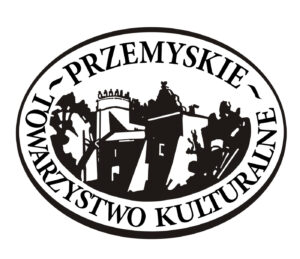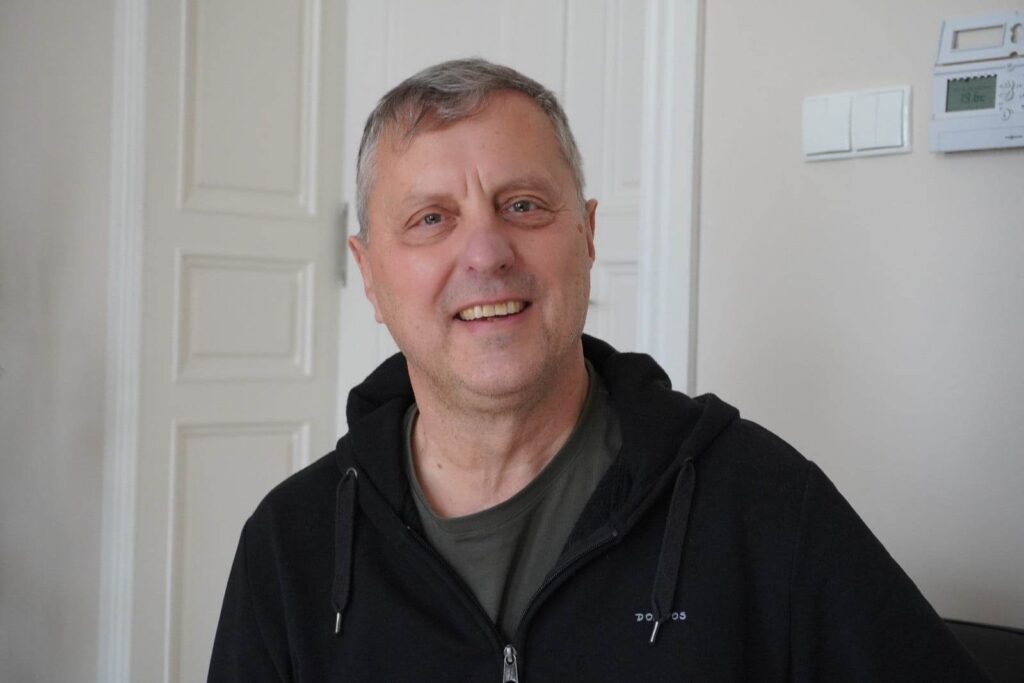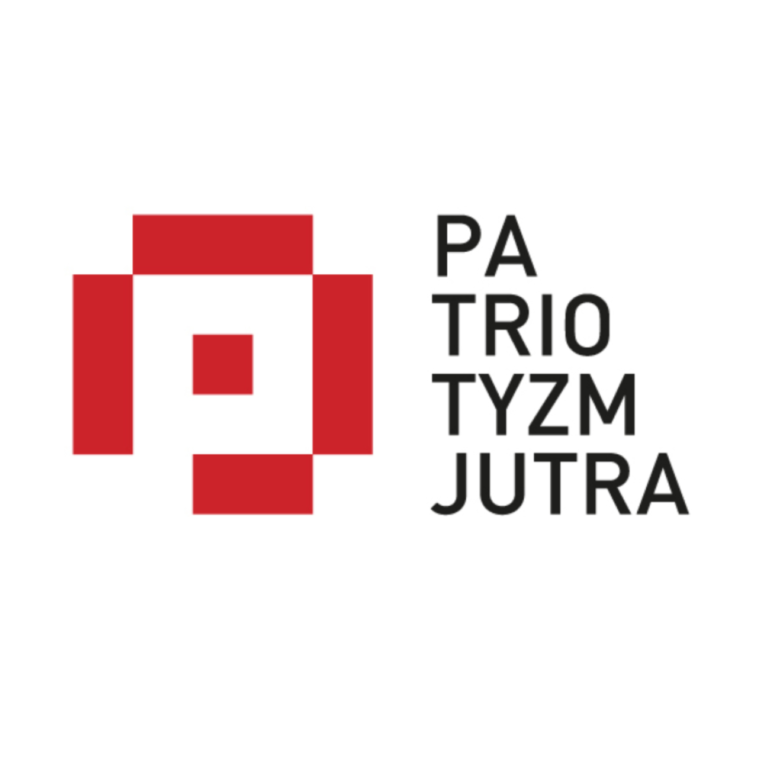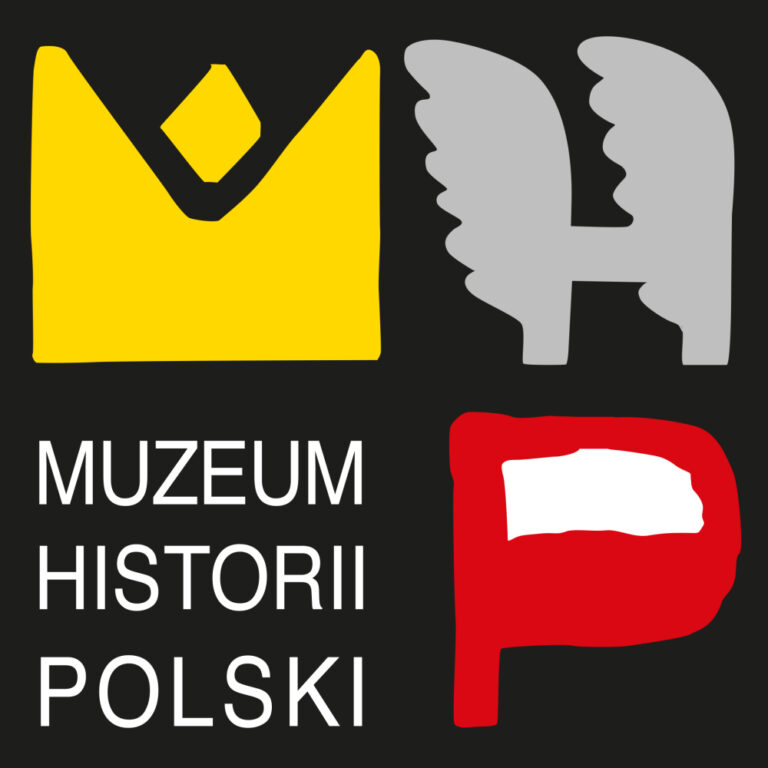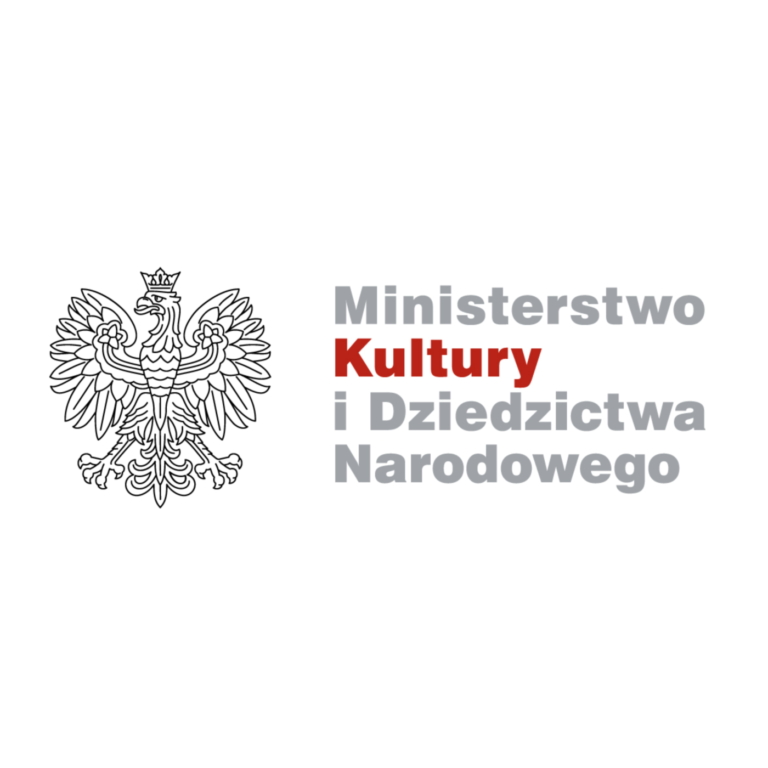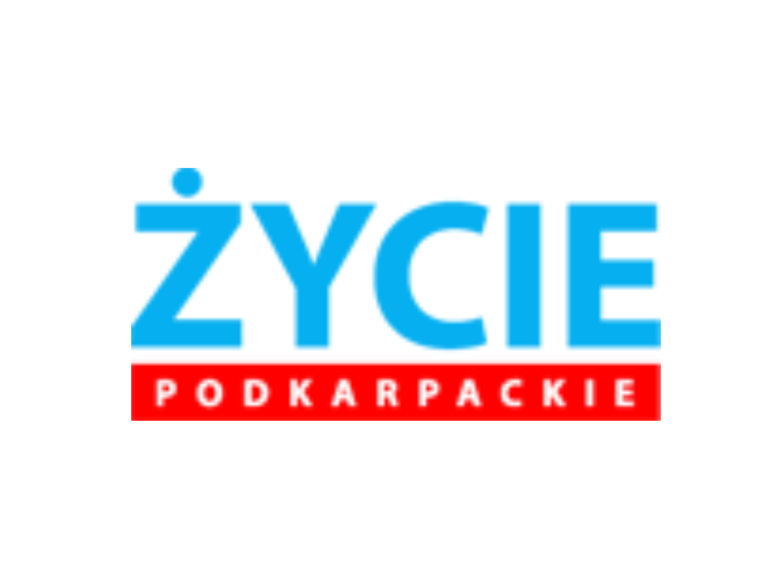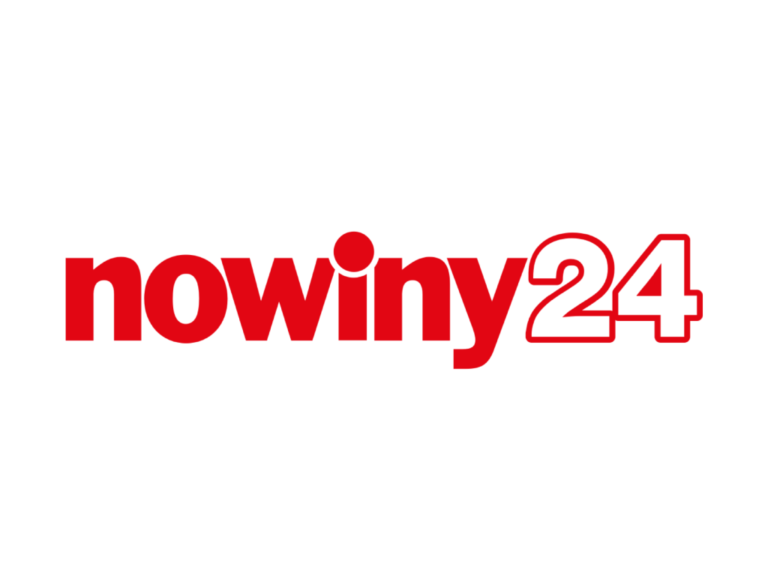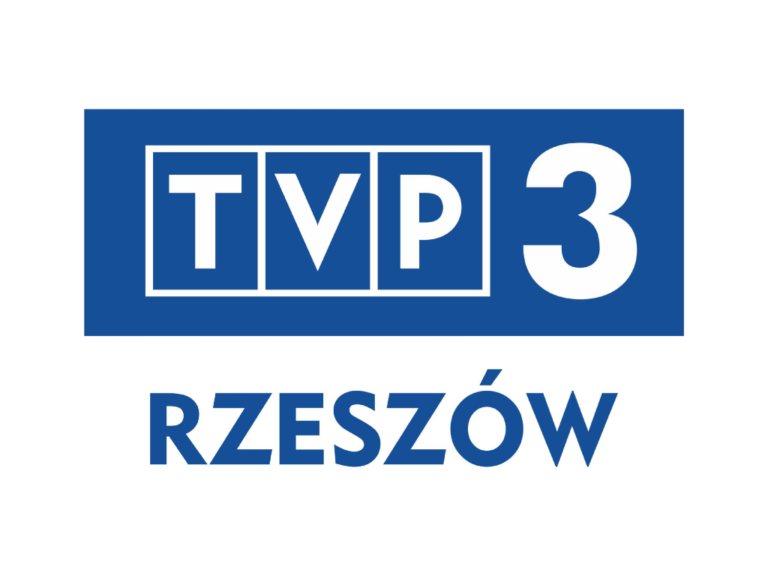The interview took place on September 7, 2022 at the headquarters of the weekly newspaper "Życie Podkarpackie". The weekly was established in 1967 as "Życie Przemyskie", and has been operating under its current name since 1999. It is published on the territory of the former Przemysl province in the districts of Jaroslaw, Lubaczow, Przemysl and Przeworsk.
AB: The purpose of my conversation today is to reminisce about the old days of opposition activity: the "Views of Przemysl", the "Cultural Attic", the meetings and discussions that took place then. I would like to learn from you how it started, how you remember it. Was it something spontaneous, or something more deliberate?
WM: It seems to me that this arose from my earlier activities during the 1981 Solidarity era. My colleagues and I absolutely wanted to do something back then, and we started by publishing, among other things, blotter paper and some leaflets. It was probably the first Sunday since the outbreak of martial law. Together we distributed these leaflets in the churches of Przemysl at the time.
AB: What exactly did it look like?
WM: Among other things, we left them on the church pews and escaped as quickly as possible. But maybe I'll tell the story in more detail. When martial law was declared, my then-girlfriend Ela Blonska and I went to the Solidarity headquarters at Stone Bridge in Przemysl. We managed to save one typewriter at the time, which we hid in a sand bin. We were afraid to take it during the day, but we came in the evening, once things had calmed down a bit. This machine was then used for us to prepare protein matrices. We would then put the stencils prepared in this way on the felt, then ink and lay it over the sheets of paper. And so sheet by sheet we printed one-sheet leaflets at first. Then we made slightly larger brochures. All this was done at my house. My mother couldn't go back to Poland at the time, because she was in Cuba when martial law was declared. There were not even return flights at the time. I myself officiated at the time in the apartment where we made a mini-print shop. I remember New Year's Eve of 1981, as we sat together in the apartment, including Janek Jarosz, Jacek Jarosz, Renata Jarosz and a few other people. Throughout New Year's Eve then, we printed a lot of leaflets, which were already in circulation in Przemysl on January 1. This printing experience came in handy when I returned to Przemysl after college. In the meantime, I still had a 2-year break after college and taught at a high school in Ustrzyki Dolne. Upon my return, I naturally returned to printing matters, it turned out that Marek Kuchcinski was printing "Attic" and there was a need for people who knew something about it, knew the printing technique. It was then that I came across the "Cultural Attic" environment.
AB: So at that time this environment was already thriving?
WM: Yes, I joined in 1988 or 1989, I think. It consisted mainly of meetings. These meetings were organized by Marek, who at that time was a kind of visionary. He brought different people together. As I look now at photos from those years, we were all terribly young. I remember that time fondly. I was 27 or 28 at the time. This environment shaped us. We knew what we wanted, we met various interesting people. We had our ideals and knew that we had to fight for them and strive for them, not give up.
AB: If you gave up, the system of the time could simply absorb you.
WM: Yes. Actually, before that, people were convinced that it must be so. That one had to accept it, this communism. I rebelled against it from the very beginning. When I turned 18 and got my voting rights, my mother urged me to participate in voting. On the other hand, I strongly protested, because I did not accept the state of affairs that existed at the time. I preferred to boycott it and said that I didn't want this system. This was at the end of high school, I was already thinking in a different way than before.
AB: This begs the question, was your mother seeing your rebellion, was she worried about you?
WM: In fact, she approached it with what you might say lightness. She never urged me to do anything by force. She knew about the typewriter under my bed, but pretended not to see it. Then, when we were printing leaflets, on a memorable New Year's Eve, for example, our neighbor in the apartment next door was the party secretary Mr. Nycz, who later became the mayor of the city of Przemyśl. In turn, the floor above lived Mr. Andrzej Matusiewicz and his wife. He, in the 1980s, was involved in defending defendants in political trials and was one of the founders of the provincial Civic Committee in 1989. During New Year's Eve, a careless colleague at the time made a momentous toast: "Down with communism!". It could have ended badly, but fortunately it did not. Later, Mr. Nycz did not fail to mention this "inappropriate" behavior of the youth to my mother. Fortunately, I never had to deal with the secret police, something I cannot say about my colleagues who served their time in prison. For example, of my older mentors, Adam Szostkiewicz, I don't know if you associate him, taught English at the time at the First High School in Przemyśl, in the so-called Słowak. He later became involved in Solidarity activities. He was one of the few who spoke to us at school about various things, those inconvenient to the authorities. He was such a mentor of independence in his school days, from 1980 in Solidarity. Adam was later interned, he was imprisoned in Uherce and Lupkow, among other places, where we visited him. He later moved to Krakow and collaborated with Tygodnik Powszechny. But going back to the attic meetings, they were held in Marek Kuchcinski's house in Ostrow. It was a very atmospheric house. The attic where we all sat, one next to the other, a dozen or so people at the meeting, as in the archival photos. Among them guests, including artists, activists, politicians. Marek was a kind of liaison. He also ran errands every now and then, for example, once he told me that a certain American absolutely had to be taken to Budapest. It was I who the next day got into a toddler, in which I literally had my legs under my chin, and drove him to Budapest across all borders! The next day I returned back. I remember this period of our activity very fondly. As I analyze that time, we then had little to lose that the authorities could take away from us. The next step after the Cultural Attic, which was an elite magazine, was to create something for a wider audience. To write about human problems, social issues. And this is how "Views of Przemysl" was created. I don't remember how many issues there were exactly.
AB: We want to make these archival issues available on a portal that is being created so that they can reach just that wider audience.
WM: We wanted "Views" to be published on a fairly regular basis. The first issue in 1989 was still typed. It was edited by Artek Wilgucki, the graphic part was done by Mirek Kocol, a graphic designer who later left for Toruń. After Mirek, the graphic design was taken care of by Mariusz Kościuk, who still cooperates with me in "Życie Podkarpackie". When "Spojrzenia" was created, we quite quickly managed to get along with a certain printing house in Przemysl. Its vice president secretly offered us to print the magazine. At that time, "Spojrzenia Przemyskie" was professionally printed at the Invalids Cooperative on Jasinskiego Street in Przemysl. From time to time, my texts also appeared in "Spojrzenia". After 1990, I was offered to run for the city council - this was the first local government election. At that time the Solidarity committee won all the seats except one. I think Mr. Mach from the SLD got in. "Views" was also a kind of election newspaper. I remember one of my texts titled I think: "The legacy of communist cliques" - quite a strong title. In general, "The Attic" and the Society guided me towards local elections. People later diverged in different directions, differing politically. I think our first difference was the election for president of the country and the question: Walesa or Mazowiecki? That was our first such major difference of opinion, because the fact that there were different directions didn't bother anyone socially at the time. Everyone could have different views and that was it.
AB: Did the church help you then?
WM: Yes. I remember such an episode, how one of the Franciscan friars from that period, when we were printing, surreptitiously passed us printing ink. Where he got the ink, I think it was probably from the printing house on Jasinskiego Street. Marek Kaminski, later head of Solidarity, was a printer by profession, so I think it was through this channel. In addition, we managed to arrange space in the church for exhibitions, a festival. Whether one was a believer or a non-believer, it was not a problem.
AB: It was just interesting that despite the difference in your views and backgrounds, you had a common goal and that is what united you above all. You wanted to come together despite your differences. You listened to what the other side had to say.
WM: Yes, back then here there was no problem with it. What cannot be said about today. Now, especially politics is a very sensitive topic. But going back to the printing of Views, that experience came in handy later when we created "Przemyskie Życie" and now "Podkarpackie". It was even Marek who had the idea to take them over. At that time there was a liquidator and it was necessary to enter a tender. At that time it was the Przemyskie Towarzystwo Kulturalne that was the shareholder - the company that took over "Życie". The Society had the right staff who knew it. For example, Jacek Borzęcki, who participated in the Cultural Attic, was the first editor of the new Zycie Przemyskie. Later Artek Wilgucki became it, as Jacek resigned for personal reasons. The partners were the Society and KIK from Lubaczow.
AB: Where did the idea for the Przemysl Cultural Society come from?
WM: We wanted to do something with "Spojrzenia Przemyskie" and formalize its publication. Marek then suggested that Artur and I go to Warsaw to a meeting of the Free Word Association, where various publishers of underground periodicals came together. They wanted to set up such an association, where knowledge was shared, which would support authors who wanted to publish, and there was, for example, a problem with paper shortages at the time. While waiting for the train, Artur and I came up with the idea that, after all, we could also form such an association in Przemysl. And in turn, this association could be a publisher, and with this idea we came to Przemysl. It was well received, we met and agreed on the details. There was the question of the name, I proposed a slightly different one - Association of Independent Thought, but the views of the society, however, were more conservative than liberal. Therefore, it stood on the Przemysl Cultural Society. From what I remember. it seems that even Andrzej Matusiewicz had reservations about the name at the time. And that's how the society was founded, and we brought the idea from Warsaw. At that time I think Marek was the first president, I was the treasurer. It was formed in 1990, I think, and the takeover of "Life" was in 1991.
AB: At that time you met in the premises of the former empire at Wybrzeze Marszałka Piłsudskiego 1, right?
WM: Yes, the Society got the premises - the whole downstairs plus rooms on the second floor. This period influenced my later life, because I just became associated with "Life" of Przemysl, to this day. In addition, in part of the premises, Marek proposed creating a bookstore together with Beata and Jurek Bonark and my then wife Basia. The Bonarks had experience with books. We then formed a partnership: Basia, Jurek and Beata, Jasiu Jarosz, Mirek Kocol and his wife. To date, there are four of us left in this company, which was founded in the 90s. We ran our first bookstore in premises on Kosciuszko Street in Przemysl, where another bookstore is now located. Back then, artistic display cases were arranged for us by, among others, Mariusz Kościuk together with Koza-Cepiński.
Interviewed by Alexander Busz
